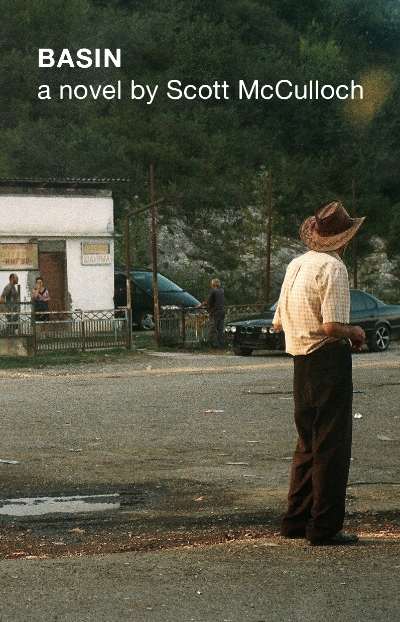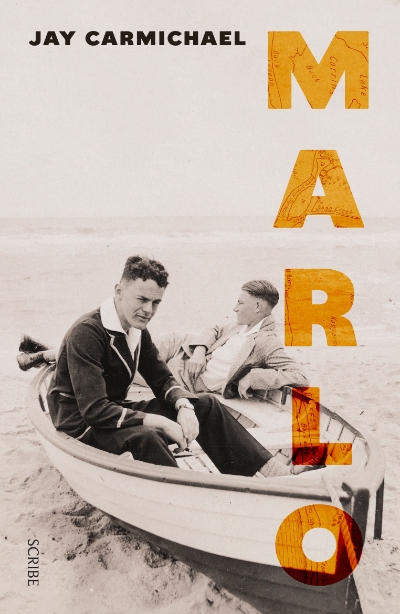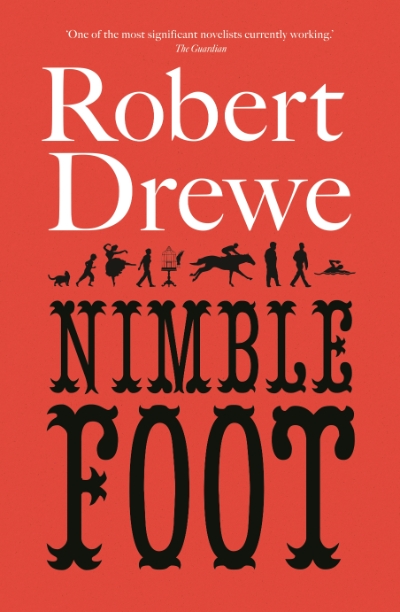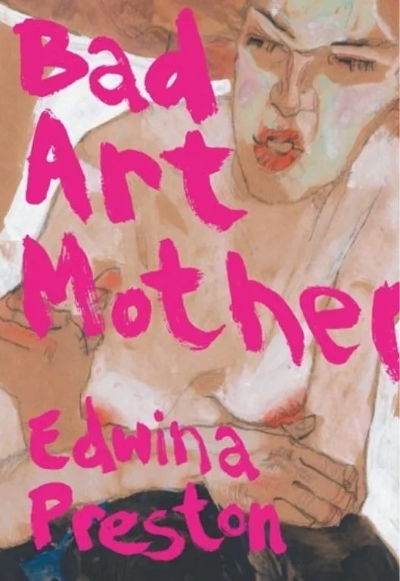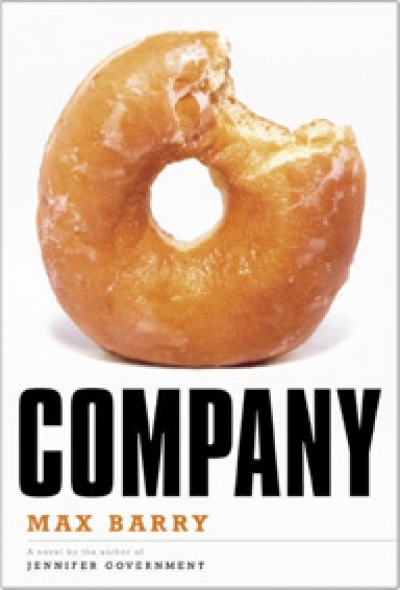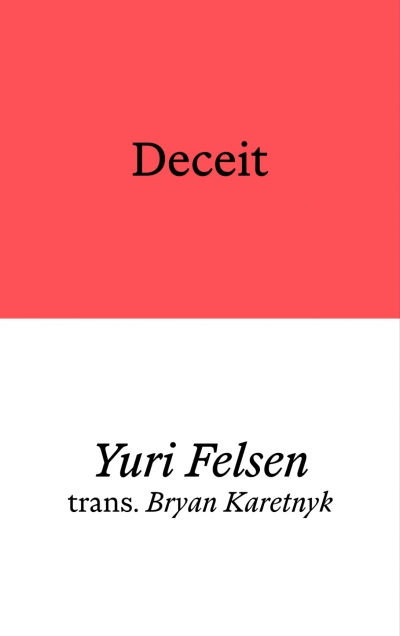Fiction
Marlo by Jay Carmichael & My Heart Is a Little Wild Thing by Nigel Featherstone
In a famous letter to her friend and fellow writer Lorna Sage, Angela Carter declared that no daughter of hers should ever pen a title like Elizabeth Smart’s By Grand Central Station I Sat Down and Wept (1945): ‘BY GRAND CENTRAL STATION I TORE OFF HIS BALLS would be more like it, I should hope.’ The choice between getting sad or getting mad, the dilemma of how to represent the reality of female anguish without romanticising or pathologising it, is a recurring theme in twenty-first-century women’s writing: it forms the main subject of Leslie Jamison’s essay ‘Grand Unified Theory of Female Pain’ (2014); it is the premise behind the post-feminist revenge films Jennifer’s Body (2009) and Promising Young Woman (2020).
... (read more)How do you get a first novel up and running? Random House has done so with a show of faith unusual amongst Australian publishers ... and faith can move mountains of books. The Last Time I Saw Mother is handsomely produced and has an equally handsome print run of 20,000. It’s been sold into the shops in numbers and its author – Manila-born Sydney-based copywriter, Arlene J. Chai – has had her name linked with Amy Tan and Jung Chang. The back cover has a brisk encomium from Bryce Courtenay, who encouraged her to write. Effective marketing indeed, although one reviewer has commented on an element of cultural cringe.
... (read more)Australia is not the science-fiction capital of the world; in fact we are probably not even on the map. This unfortunate fact would change if we could produce more writers like Paul Collins.
... (read more)Wildlife film-makers Richard Southeby and his wife Nicole Vander are filming a duck hunt at Great Dismal Swamp, North Carolina, where Greenpeace demonstrators plan to make their presence felt. Their fanatical leader, Simon Rosenberg, has a flowing beard and deeply troubled eyes. His idea is to get his troops in front of the guns, really provoke the shooters and obtain maximum publicity. Remind you of anyone? But then in the early stages of filming, Nicole is blown away into the swamp by an unseen assassin. Who’s responsible? Greenpeace crazies? Duck hunters? Or an international hired hitman known as the Jaguar? You guessed right.
... (read more)
